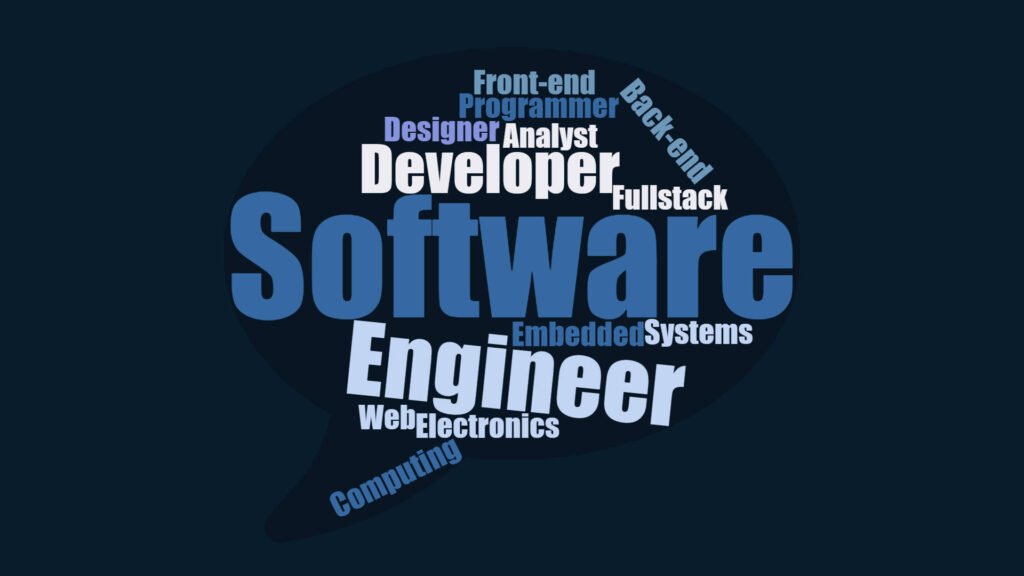
While a degree in computer science or a related field can provide a solid foundation for a career as a software engineer, it is possible to become a software engineer without a degree. Here’s a 6-step guide to help you get started:
Self-Education:
- Take advantage of the vast amount of online resources available for learning programming languages and software development concepts. Websites like Coursera, edX, Udemy, and Codecademy offer courses on various programming languages and software development topics. Focus on learning the fundamentals of programming, data structures, algorithms, and software design principles.
Build a Portfolio:
- Create a portfolio of projects to showcase your skills and practical experience. Start by working on small projects that align with your interests and gradually move on to more complex ones. Consider contributing to open-source projects, creating personal projects, or participating in coding challenges and hackathons. This portfolio will serve as evidence of your abilities to potential employers.
Gain Practical Experience:
- Look for internships, part-time jobs, or freelance opportunities where you can gain hands-on experience in software development. These experiences will help you apply your knowledge in real-world scenarios, learn from experienced professionals, and understand the industry practices and workflows.
Networking and Collaboration:
- Attend local meetups, conferences, and tech events to network with professionals in the industry. Building connections with other software engineers can lead to mentorship opportunities, job referrals, and valuable insights into the field. Consider joining online communities and participating in forums to engage with like-minded individuals and collaborate on projects.
Continuous Learning:
- Keep up with the latest trends and advancements in software development. Subscribe to newsletters, follow influential tech blogs, and engage in online learning communities to stay updated. Continuous learning is crucial in the rapidly evolving field of software engineering.
Certification and Professional Development:
- Although a degree is not required, obtaining relevant certifications can help validate your skills and improve your chances of getting hired. Certifications like Google Certified Professional Cloud Architect, AWS Certified Developer, or Microsoft Certified: Azure Developer Associate can demonstrate your expertise in specific areas.
Additionally, it’s essential to develop a strong work ethic, problem-solving abilities, and effective communication skills. These qualities, along with your practical experience and portfolio, can help you stand out in the job market.
Remember, the software industry values practical skills and experience, so focus on building a strong foundation through self-education, practical projects, and networking. With dedication and persistence, you can successfully pursue a career as a software engineer without a degree.
